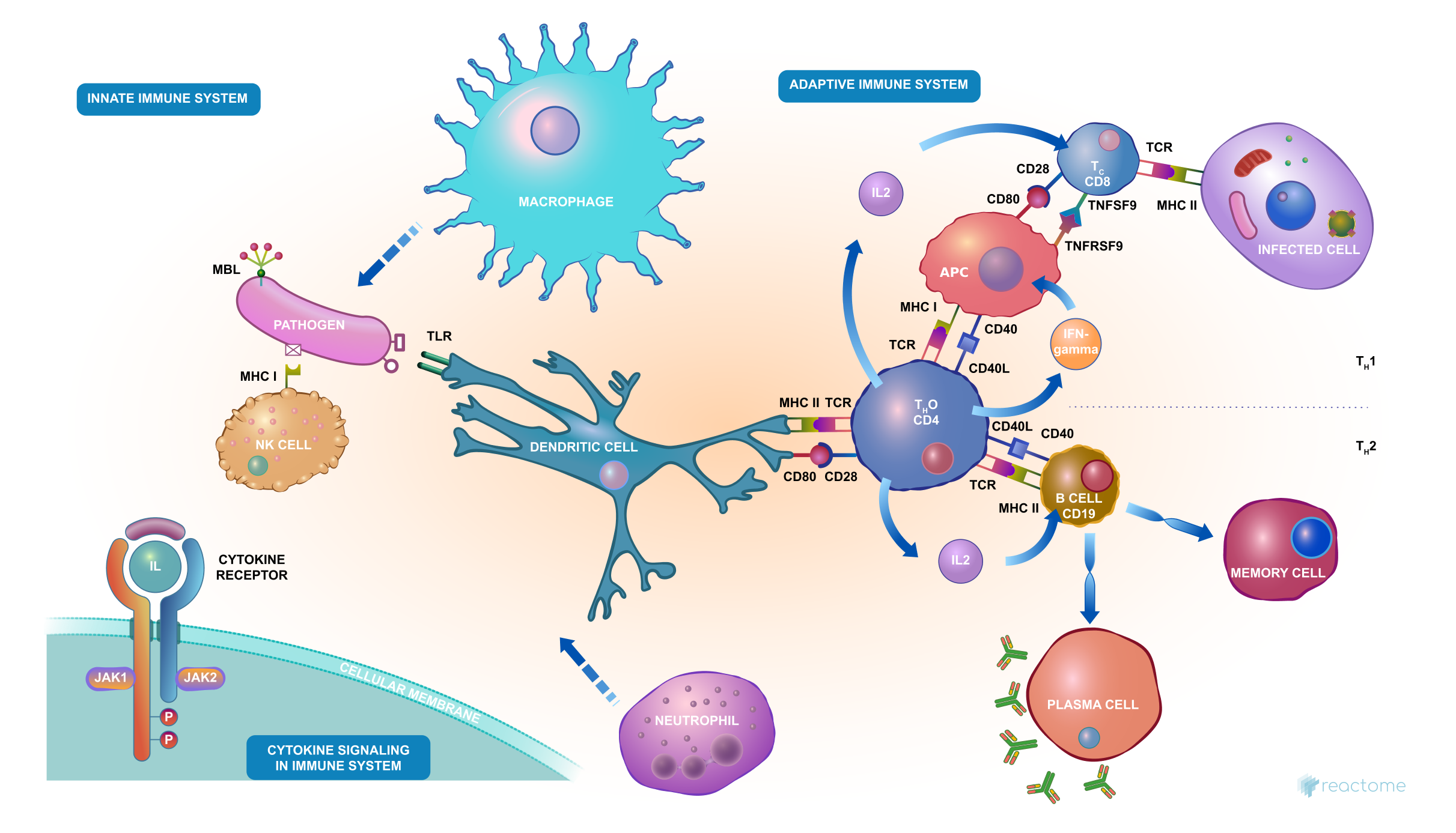As a new parent, you may be wondering about when your baby’s immune system starts to develop. You want to make sure that your little one stays healthy and protected against illnesses. The good news is that a baby’s immune system starts to develop while in the womb, but it takes some time for it to become fully functional. In this article, we’ll explore the different stages of a baby’s immune system development and offer tips on how to boost your baby’s immunity.
Table of Contents
The First Trimester
The first trimester of pregnancy is crucial for the development of a baby’s immune system. During this time, the baby’s body starts to produce immune cells, which are essential for fighting off infections and diseases. The immune cells are produced in the bone marrow and are known as hematopoietic stem cells. These cells can differentiate into various types of immune cells, including T cells, B cells, and natural killer cells, which play a crucial role in the immune response.
The placenta also plays a vital role in the development of a baby’s immune system during the first trimester. The placenta acts as a barrier between the mother and the baby, protecting the baby from harmful substances that could harm its developing immune system. The placenta also provides essential nutrients and oxygen to the baby, which are necessary for healthy immune system development.
The Second Trimester
During the second trimester, the baby’s immune system continues to develop rapidly. The immune cells that were produced in the bone marrow during the first trimester start to migrate to different parts of the body, including the thymus, spleen, and lymph nodes. These organs are essential for the development and maturation of T and B cells, which are responsible for fighting off infections and diseases.
During the second trimester, the baby also starts to produce antibodies, which are proteins that help to fight off infections. These antibodies are passed from the mother to the baby through the placenta and provide temporary protection against certain illnesses.
The Third Trimester
In the third trimester, the baby’s immune system becomes more mature, and the baby starts to produce its antibodies. These antibodies are produced by the baby’s B cells and are specific to the pathogens that the baby has been exposed to in the womb. These antibodies provide protection against infections and diseases that the baby may encounter after birth.
After birth, the baby’s immune system continues to develop and mature. Breastfeeding can help to boost the baby’s immune system by providing essential nutrients and antibodies that can protect against infections. Vaccinations are also crucial for protecting the baby against diseases that their immune system may not be able to handle.
 Source: bing.com
Source: bing.comBoosting Your Baby’s Immune System
While a baby’s immune system is developing in the womb, there are things that you can do as a parent to boost your baby’s immunity. Here are some tips:
- Breastfeed your baby: Breast milk contains essential nutrients and antibodies that can protect your baby against infections.
- Practice good hygiene: Wash your hands frequently, and keep your baby’s environment clean to reduce the risk of infections.
- Avoid exposing your baby to sick people: Keep your baby away from people who are sick or have been exposed to illnesses.
- Ensure that your baby gets adequate sleep: Sleep is essential for a healthy immune system.
- Vaccinate your baby: Vaccinations can protect your baby against diseases that their immune system may not be able to handle.
Conclusion
A baby’s immune system starts to develop in the womb, but it takes time for it to become fully functional. The first trimester is crucial for the development of immune cells, while the second and third trimesters are essential for the maturation and production of antibodies. As a parent, you can boost your baby’s immunity by practicing good hygiene, ensuring that your baby gets adequate sleep, breastfeeding your baby, and vaccinating your baby. By taking these steps, you can help to protect your baby against infections and diseases.
Frequently Asked Questions
Q: When does a baby’s immune system start to develop?
A: A baby’s immune system starts to develop in the womb, but it takes time for it to become fully functional. The first trimester is crucial for the development of immune cells, while the second and third trimesters are essential for the maturation and production of antibodies.
Q: How can I boost my baby’s immune system?
A: You can boost your baby’s immunity by practicing good hygiene, ensuring that your baby gets adequate sleep, breastfeeding your baby, and vaccinating your baby.
Q: Are vaccinations necessary for my baby’s immune system?
A: Yes, vaccinations are crucial for protecting your baby against diseases that their immune system may not be able to handle.
Q: Can breastfeeding boost my baby’s immune system?
A: Yes, breast milk contains essential nutrients and antibodies that can protect your baby against infections.
Q: How can I practice good hygiene for my baby’s immune system?
A: You can practice good hygiene by washing your hands frequently, keeping your baby’s environment clean, and avoiding exposing your baby to sick people.
